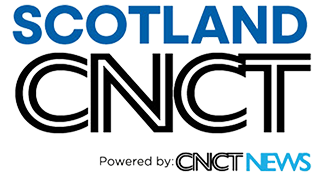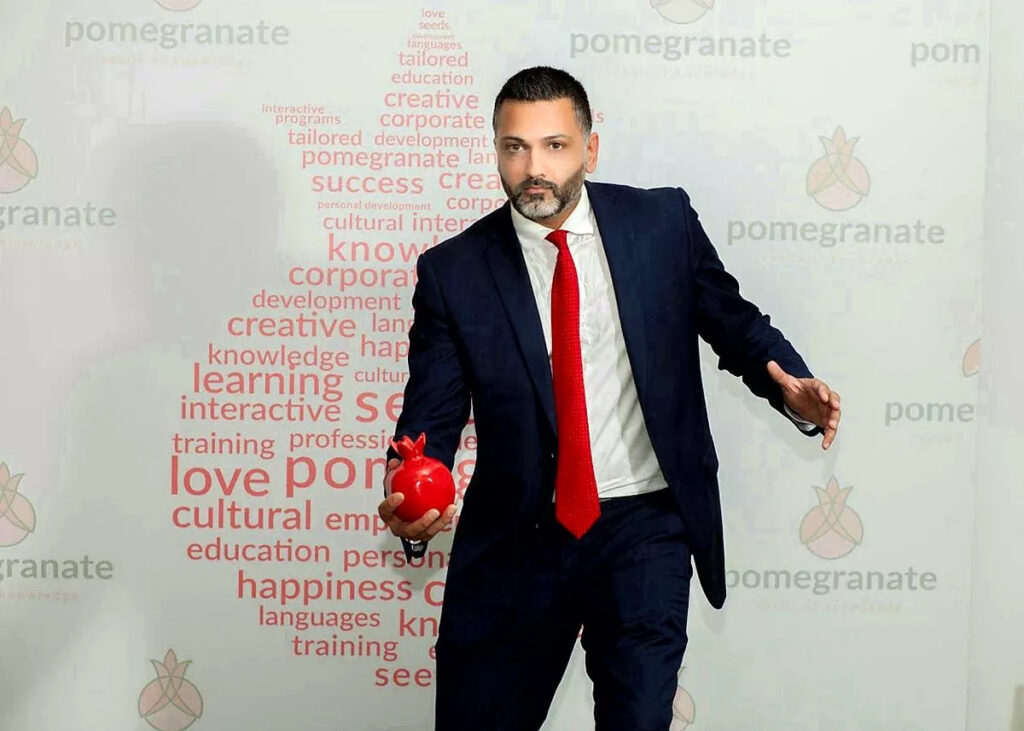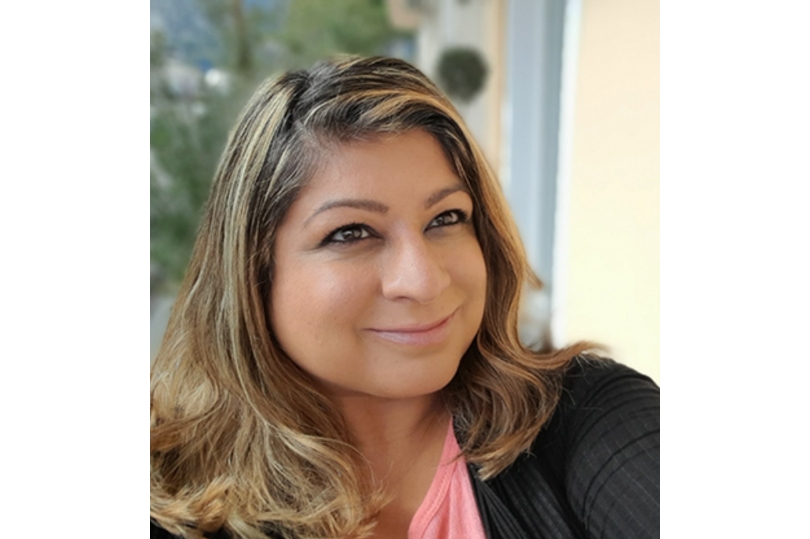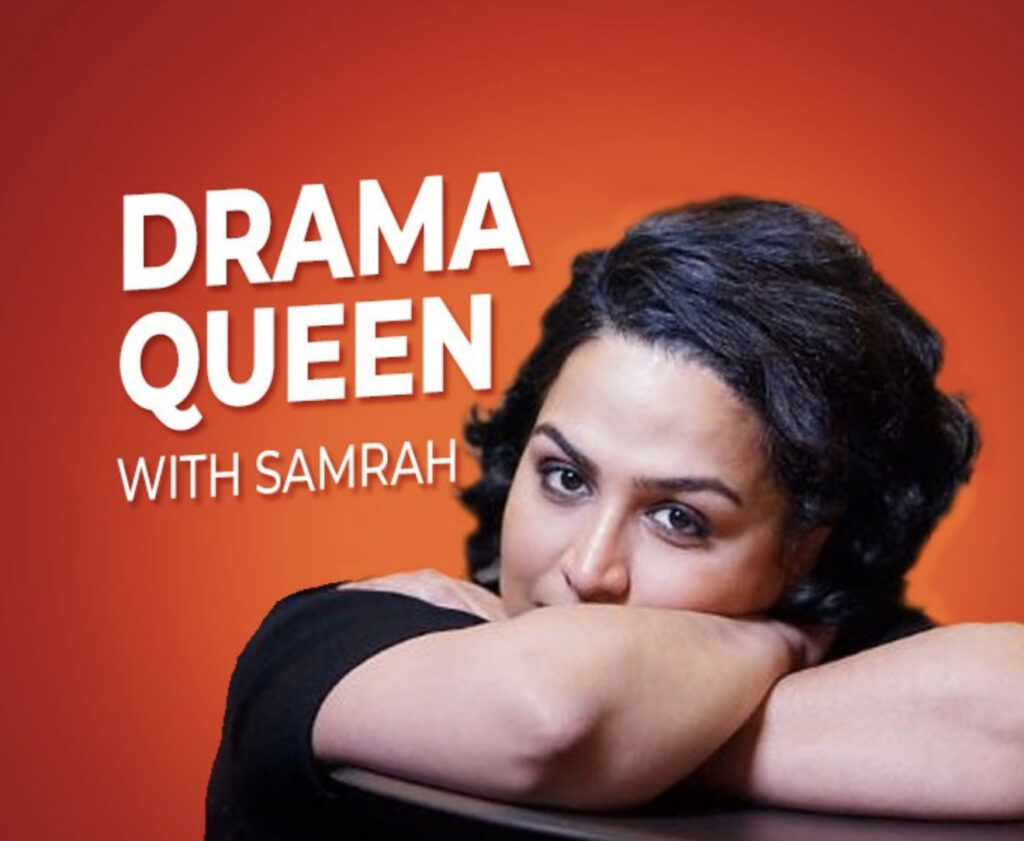Leeds-based author Naushad Qayyum (pictured above), is turning pain into purpose with the release of his powerful new book, ‘Alive Today – How Speaking Out Changed My Life’, a raw, deeply personal account of grief, depression, and the healing power of speaking up.
The book is more than a memoir. It is a rallying cry. A call to men, particularly from South Asian backgrounds to break the cycle of emotional suppression and cultural silence. And it all began on what was supposed to be the happiest day of his life.
He recalled: “March 25th, 2018 was day that was meant to be filled with joy and love… turned into heartbreak.”
Just as he was preparing to marry the woman he loved, tragedy struck. His father – his guiding force and hero, died suddenly of a heart attack on Naushad’s wedding day.
He said: “How do you say goodbye to the man who shaped you? While simultaneously saying hello to a new life partner? The weight of it was unbearable… and yet the world carried on as if it were just another day.”
In the days and months that followed, Naushad spiralled into a deep depression. Unable to cope with the trauma, he attempted to take his own life.
He shared: “I tried to drown myself in the bathroom. It was my brother-in-law who broke the door down. He wrapped me in a towel and saved me.”
But it was his mother’s response that cracked open a door to healing.
He continued: “She hugged me. She said, ‘now I understand what you’re going through. But do you know what would happen to me? Or your sisters, or your friends, if you weren’t in our lives?’”
That moment, full of unconditional love and unfiltered truth, became the beginning of his transformation.
In Alive Today, Naushad confronts head-on the cultural stigma surrounding mental health. “In our communities, especially among men from South Asian and Arab backgrounds, we’re taught not to talk,” he says. “To just move on, to bury emotion. There’s this silent image of the strong man who never cracks.”
But it’s this very silence, he argues, that’s costing lives.
“There’s a fear of being seen as weak. But what I’ve learned is that true strength is vulnerability. Talking doesn’t make you less of a man – it makes you human.”
Naushad, whose identity is rooted in both Asian and Arab heritage, says his upbringing in Leeds was shaped by family, faith, and strong community ties. His father was his role model. And it was advice from his grandfather, who also endured profound loss, that helped him begin to process his pain.
“The penny dropped when my grandfather told me to talk. Not just to a doctor, but to the men in my life. We don’t realise how many of us are suffering in silence.”
Journalling became Naushad’s first lifeline, helping him make sense of the chaos in his head. Soon after, he found clarity in his calling.
“I told myself: I need a purpose. I want to talk about mental health. I want to write a book. I want to go on the radio. And that was it – the spark.”
He began writing Alive Today with one goal in mind: to help others, especially men, understand that they’re not alone.
“I wanted the book to be simple, short, and accessible. Something a man struggling in silence could pick up and see himself in.”
Naushad launched a website, mister-q.co.uk, featuring a blog, signposting to support services, and podcasts where real men share real stories. His aim was to build a safe space, a community where healing begins with honesty.
Today, Naushad is a passionate advocate for mental health awareness, speaking out through media, workshops and his growing online platforms. His message is clear:
“Healing takes time. Everyone’s journey is unique. But we need to practise patience, with ourselves and each other. Compassion fosters resilience.”
He’s also a believer in the mind-body connection — urging people to prioritise physical health, emotional awareness, and strong social bonds.
He says: “PTSD and trauma can break us, but they can also build empathy and growth. If we allow ourselves to learn.”
There’s one lesson he wants the world to remember which is: “Seeking help is not weakness. It’s the bravest thing you can do.”
When asked what legacy he hopes to leave behind, Naushad doesn’t hesitate: “A legacy of compassion.
A world where men especially in our communities, feel safe to speak their truth and seek support without shame.
I’m working on my second book, interviewing men from different backgrounds, faiths, and walks of life. We all have stories. And sharing them could save lives.”
Powered by
Asian Connect &
Business Connect




